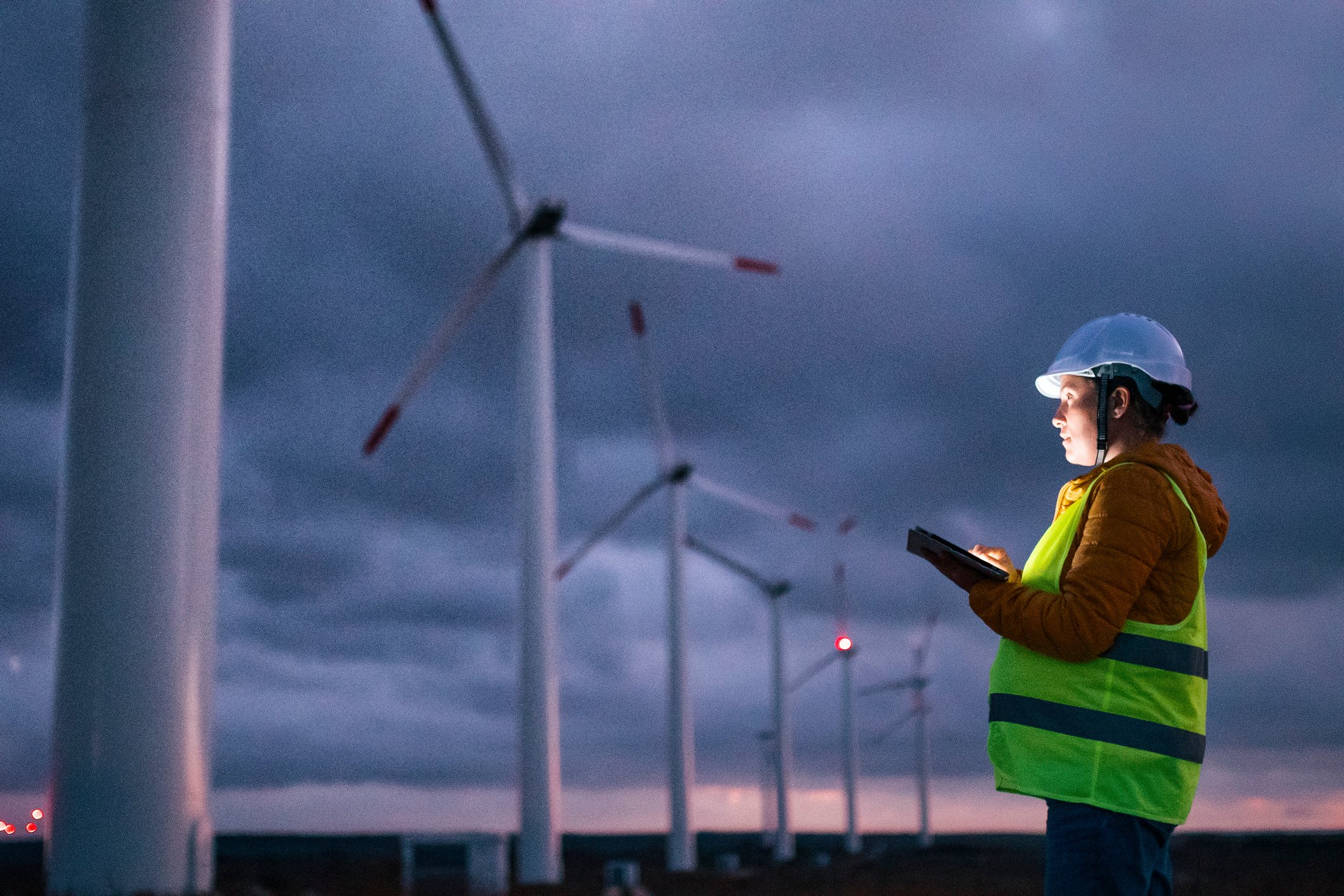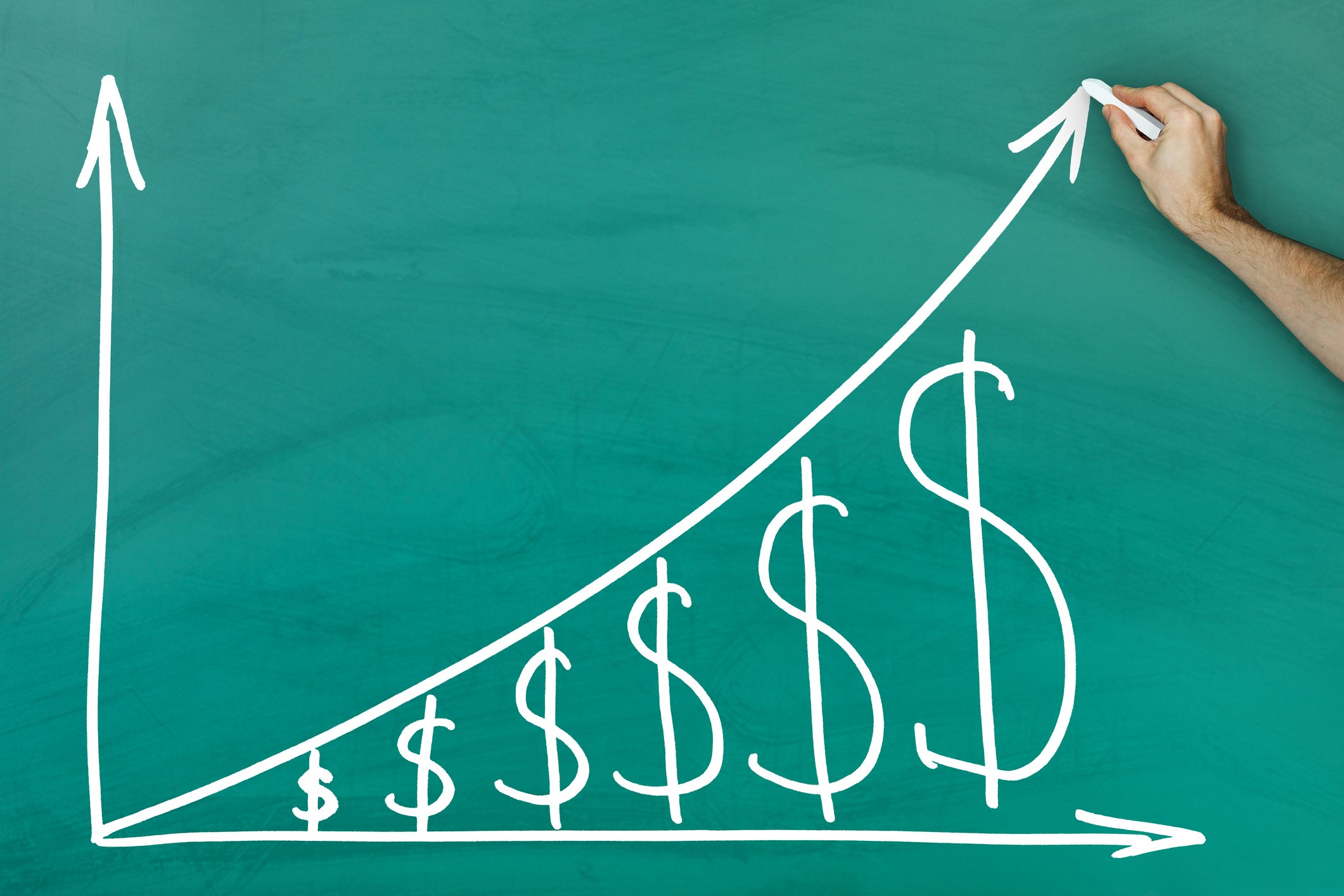On this MarketFoolery podcast segment, host Chris Hill, Motley Fool Pro and Options' Jeff Fischer, and Motley Fool Options and Pro Canada's Jim Gillies discuss what may be one of the biggest, yet least covered, news stories of late: the rise of major world economies that are taking a hard look at policies that will prohibit new gas cars from their roads. Norway and India, for example have set aggressive timelines, and the implications for automakers are huge; for oil, even more so. And for the world economy, the ripples are hard to imagine.
A full transcript follows the video.
This video was recorded on Sept. 12, 2017.
Chris Hill: You were saying, Jim, before we started taping, and I'm going to paraphrase, my take from what you said right before we started taping was, "This might be one of the biggest and yet simultaneously under-covered business stories going on right now."
Jim Gillies: I think so. What catalyzed this -- electro-chemistry joke in there. Sorry. There's rumblings that China is going to join other countries like France, Britain, about putting a timetable on when they're not going to allow internal combustion engine automobiles any longer.
Hill: Allow them to be produced? Or allow them just on the roads, period?
Gillies: Little of column A, a little of column B. I think, I imagine, let's say the year is 2030 when one of these countries is going to ban these cars. I imagine if you have a 2029 gasoline-powered car, you would probably be fine, in terms of you would grandfather it out. But eventually you would have no pollution spewing -- and if you've seen pictures of Beijing and Shanghai and some of the horrible air conditions in some of the cities in China, you understand why China is now talking about doing this and joining in.
But that has the potential to completely overturn so much of what we have in the business world. You start saying you have countries outlawing gasoline-powered cars. What does that mean for the carmakers? What do Ford, Chevrolet, how are these carmakers going to respond? Volkswagen is already talking about 25% of their cars being all electric by a certain date. GM, of course, has the Chevy Volt coming out, which they are very keen to tell you has a longer range than the Tesla (NASDAQ: TSLA) Model 3, which, of course, is Tesla's mass-market.
What is this going to mean for oil production, oil companies? Everyone sitting at $50-a-barrel oil, versus three years ago, $100-a-barrel oil? This is actually very important from where I sit up in the Great White North, because our market is very tied to resources. So there's all kinds of Canadian investing pundits who are saying, "When oil comes back ... " If the world is moving away from ICEs, oil might not come back in the way you think it might come back, which then takes off a lot of production in the Canadian oil sands and what have you. So it's this huge, many-tendriled story that, I'm not sure there's any direct investing implications that I can draw yet. And Jeff might be faster on that one. But I think it's this huge story that has this great potential for change, and we're all worried about the Apple event today.
Hill: [laughs] Not worried about it.
Gillies: But you know what I mean. That's what gets the headlines.
Hill: Right.
Gillies: And China, unlike a France or a U.S. or a Canada, should we go down that road, if the China brain trust says, "No more gasoline-powered cars," they kind of have total authority. They're going to do it, and you're done. So there's so many implications. I think you could be thinking about this for years.
Jeff Fischer: Yeah, definitely. You have France and the U.K. banning these engines by 2040, which sounds far away, but it isn't too far. You have Norway hoping to get there by 2025, very soon. India, by 2030, will only sell battery-powered cars, or at least not combustion engine cars. This is all pretty close around the corner. Netherlands, 2025. Germany, 2030. And now the rumor is China by 2030, or 2040?
Gillies: I think it's 2040 for them. But I mean, they'll decide what they want.
Fischer: So these are giant changes, and they sound almost impossible, but they're really not. If anything, they're lenient. How quickly did General Motors move to tank production for World War II? It changed over its assembly pretty quickly. We have the technology now -- you could probably get to all electric, if it was decreed it must happen within five years, you could probably do it. So giving people 20 years to do it shouldn't be a problem. Yeah, what does it mean? It means a lot more competition for Tesla.
Gillies: And a lot more validation for Tesla, too, right?
Fischer: Exactly.
Hill: We've talked before about, just to go completely away from automotive, about companies that have innovated in a particular industry and their idea ends up being the winning idea, but over the long run, they end up not succeeding in the way that, let's say, for example, an Apple has succeeded. You can look at organic food and point to Whole Foods and say they were revolutionary in what they were doing, but then large companies like Wal-Mart and Target and others said, oh, we can do organics. We can't do it, maybe, to the level that Whole Foods is doing it, but we can get organic enough.
Fischer: Chris, you know what usually drives that? It's the competitive barrier and its pricing power. If you can keep your prices and your margins like Apple, and that's a point I should have made earlier -- we expect to see the average selling price of the iPhone actually go up. Ten years ago, nobody would have ever said that it would go up. Everyone said the prices are going to come down, they're going to lose their high margins. That hasn't happened. It does happen to a Wal-Mart, or really, I should say, to a Whole Foods. You have competition move in, you have to fight on price, just as we saw, and your margins go down.
So will that happen to Tesla? It has the brand cachet to fight that off, and the technology, frankly, technology lead to maintain premium prices so far. But yeah, that's exactly what you're talking about, Chris. The leader ends up, their margins get eaten away, and they no longer lead in the same way.
Gillies: Or they get out-innovated. I mentioned earlier, tongue in cheek, Research In Motion was the smartphone maker of the early 2000s. And then they mucked it.
Hill: Yes. When the iPhone came out, they had 41% market share, something like that.
Gillies: Today, they're --
Hill: It's lower.
Gillies: -- staring up at 1%, hoping to eventually get there.
Fischer: [laughs] It's lower.
Gillies: It's lower. But yeah, it's because the incumbent in the industry, the incumbent leader didn't see what was coming in as a threat. So is Tesla going to see what's coming as a threat? Do they see the Volt as a threat? Probably not.
Hill: Do you know when we're really going to know that electric vehicles are here to stay? When someone starts charging people money to charge their car. Because right now, it's like, part of the economic proposition of buying an electric vehicle is, well, "I don't have to pay for gasoline. I could just charge my car for free." At some point in the future, a gas station is going to go out of its business, and in its place is going to be a charging station.
Gillies: Can I tell you, that's already happened.
Hill: Really?
Gillies: Yeah. Over this past weekend, Tesla, of all people, opened up full-service charging centers in Boston and Chicago, where we were, and right now, I'm not too sure about the mechanics of it, the S versus the X versus the 3. But they're saying that buyers today, which I presume is the 3, because I thought the S and the X always get free charging, they get 1,000 miles per year of free charging, and after that, they're going to be charging for an amount there.
Hill: What are they charging?
Gillies: I don't know. They're charging the car.
Fischer: That's a lot of charging that's going to go on.
Gillies: But you're exactly right. You're going to start seeing people -- a friend of mine has a Nissan Leaf, which is another electric vehicle. Doesn't quite have the range of the S. So to go to Toronto from where we live, which is less than an hour away from Toronto, we'll quite often stop and charge up at a free thing in the middle of an industrial parking lot. And it's free, but we're standing around. It's like, "Oh, you know, a supercharger would be nice."
Hill: I'm sorry, an hour-long drive and you have to stop and charge your car?
Gillies: Yeah.
Hill: That's pretty weak.
Fischer: You should just ride a bike.
Gillies: Been there, done that.
Fischer: You have to ask where all this energy is being generated. If it's coal generated, it defeats the whole purpose.
Gillies: It defeats the purpose.
Fischer: So China and everyone else trying to move to solar and other clean sources. So then, Chris, it all comes full circle, of course, to what happens to the oil giants. What does their future look like? I just know I don't own any.
Gillies: And we avoid -- as I said, of course, Canada, there's a lot of resource stuff in Canada, and we try to basically stay away from anything with direct exposure, because maybe you guys can, but I certainly can't predict the price of oil or gas with any kind of confidence, and I've never met anyone who can.
Fischer: It's could be like cigarettes. Cigarette usage in the U.S. has declined for decades. Morgan Housel points this out to us. And yet Philip Morris has been one of the best-performing stocks on the entire market. Or whatever it's called now, I don't even know.
Gillies: Altria?
Hill: Altria.
Fischer: Altria. Still a terrible name all these years later. Maybe oil giants will do that for some reason. Maybe emerging markets will keep -- but here's the difference, I think, though. Emerging markets are leapfrogging right to the cleaner -- and cheaper, in many cases -- energy sources. Ans so, could spell trouble for oil.
Hill: It's not a great name, but it's still better than Tronc.
Fischer: Tronc.
Hill: What was it like back in Chicago? Has the Tribune Building been renamed the Tronc Building?
Fischer: [laughs] Not yet.
Gillies: Didn't see it.
Hill: It's so pathetic and sad.






